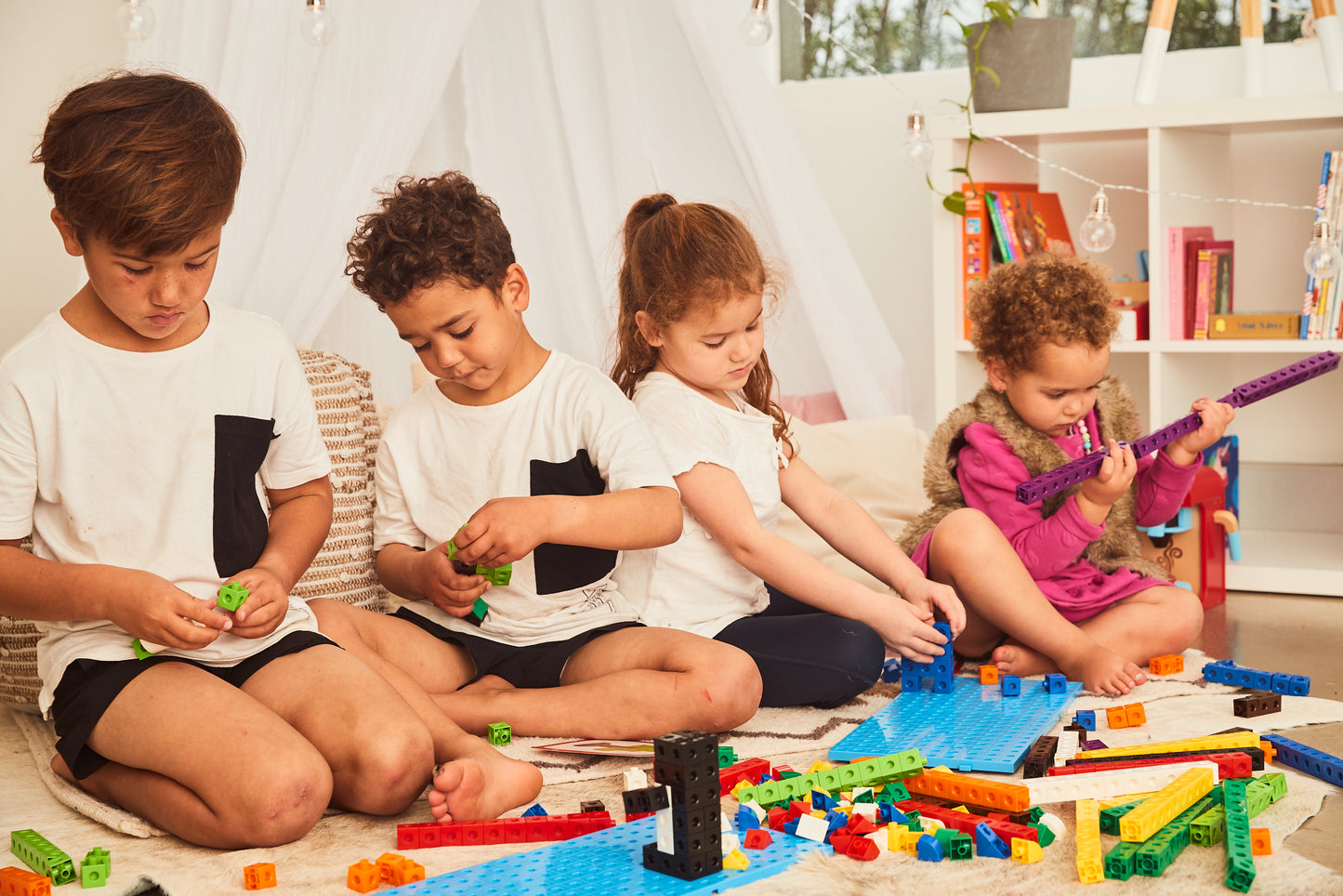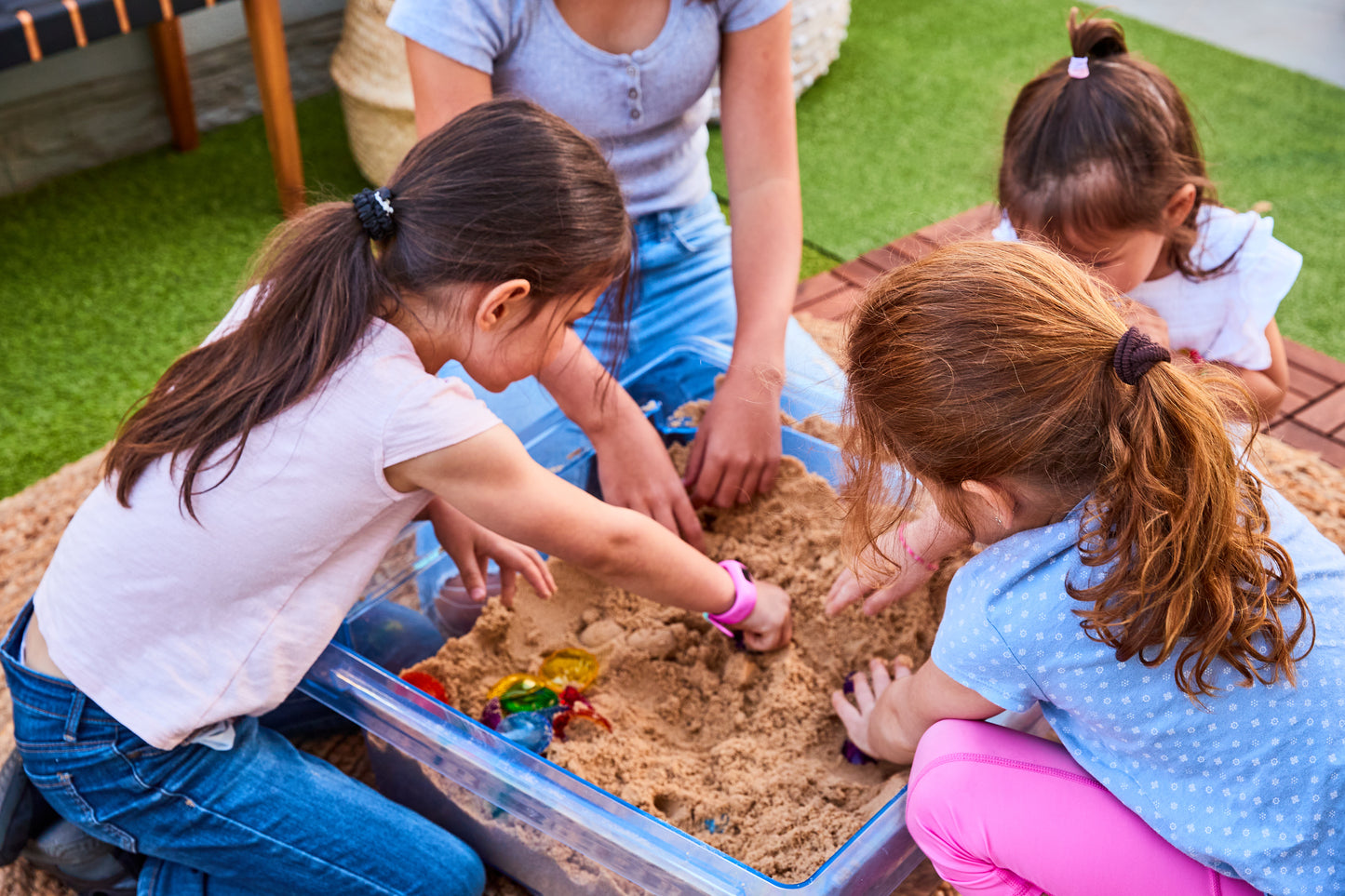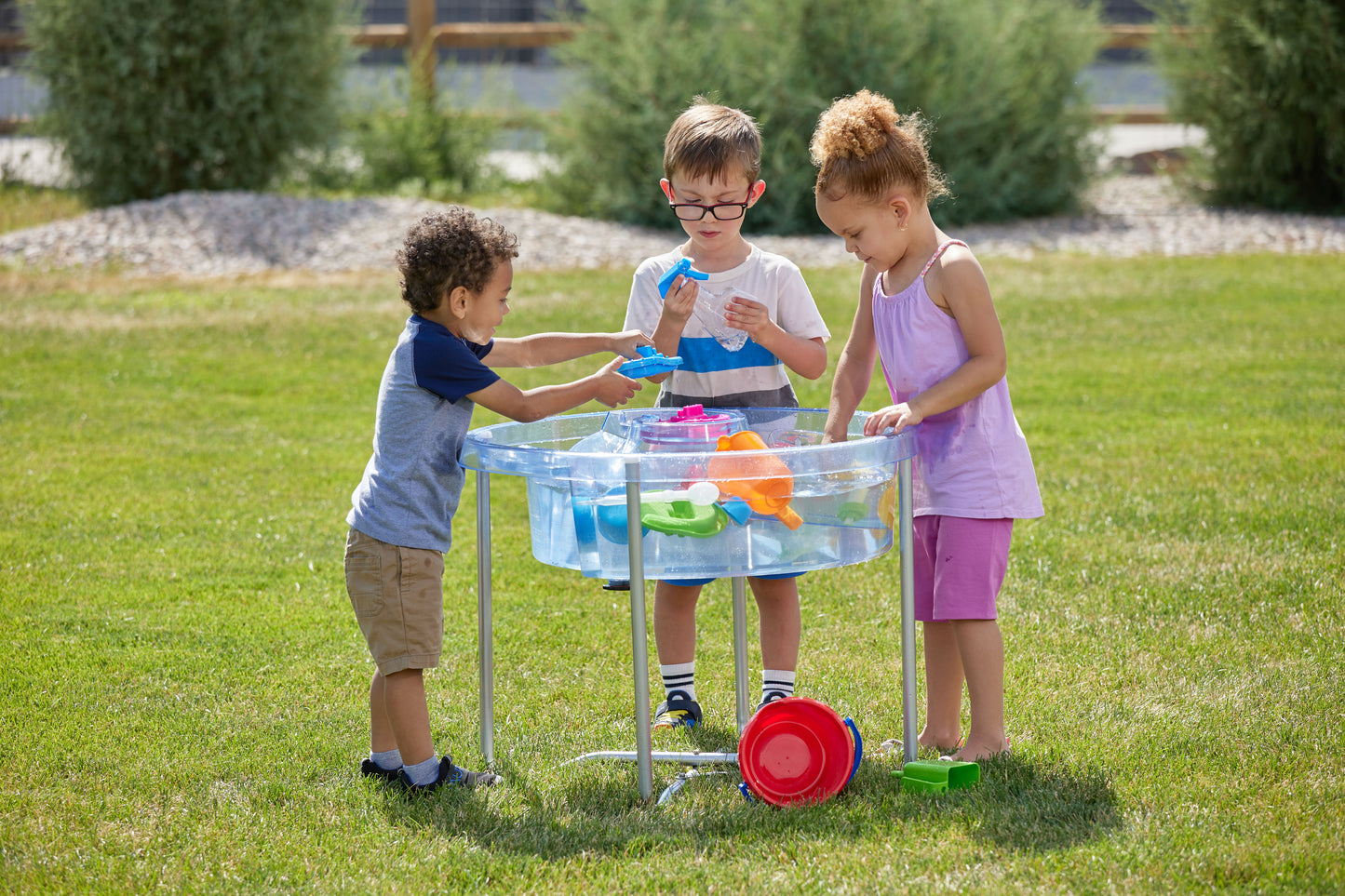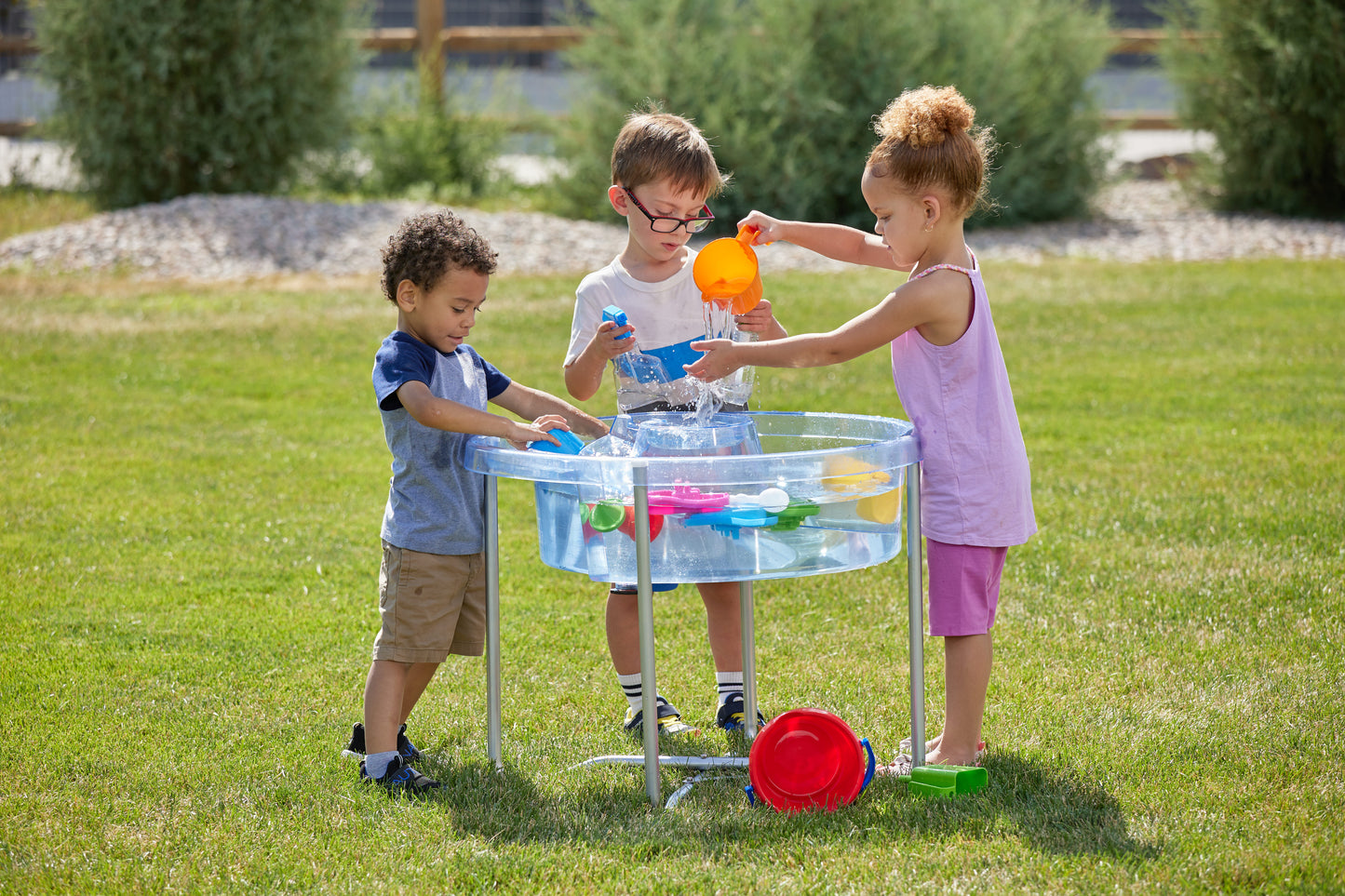At Edx Education, we understand that early childhood is a critical period for laying the foundation for future learning and success. That’s why we advocate for play-based learning through our range of STEAM toys, designed to foster six core skills that are essential for young children’s development.
At Edx Education, we champion this approach with our range of educational toys and resources designed to make learning fun and interactive. Let's dive into how you can use our Whizzy Dizzy, sand and water trays to create enriching outdoor experiences that foster learning, confidence, and emotional well-being.
This summer, let’s embrace the outdoors with a variety of fun, screen-free activities that not only entertain but also nurture your child’s development.
Here are 10 creative and easy-to-do outdoor activities using Edx Education products and a few simple household items. Perfect for children aged 0-10 years, these activities will keep your little ones engaged and learning all summer long!
This blog aims to guide UK parents and caregivers in selecting educational toys that support key developmental skills for children aged 0-6 years. By emphasising the benefits of play-based learning and highlighting specific Edx Education products, caregivers can make informed choices that nurture their child’s growth and development.
We strive to provide the best for our children, ensuring they grow up to be well-rounded, confident, and capable individuals....
As caregivers and parents, we all want the best for our children. We strive to provide them with experiences that will help them grow, learn, and thrive. One of the most effective ways to foster this development is through play-based learning, particularly in the great outdoors.
As caregivers and parents, ensuring the well-being of our children is a top priority. Play is a fundamental aspect of childhood that contributes significantly to emotional and mental health. At Edx Education, we champion play-based learning with our toys, products, and downloadable resources, as well as through our Play, Learn & Create podcast. Let's explore the importance of play and how it can help children, particularly those struggling with emotional dysregulation, to develop essential emotional regulation skills.
Role-playing involves children taking on roles and acting out scenarios, whether alone or with peers. This can range from setting a table to pretending to be a doctor or even a superhero. Such imaginative play is not only fun but foundational to a child's cognitive and emotional development. As Albert Einstein said, "Imagination is more important than knowledge, for knowledge is limited, whereas imagination embraces the entire world."









